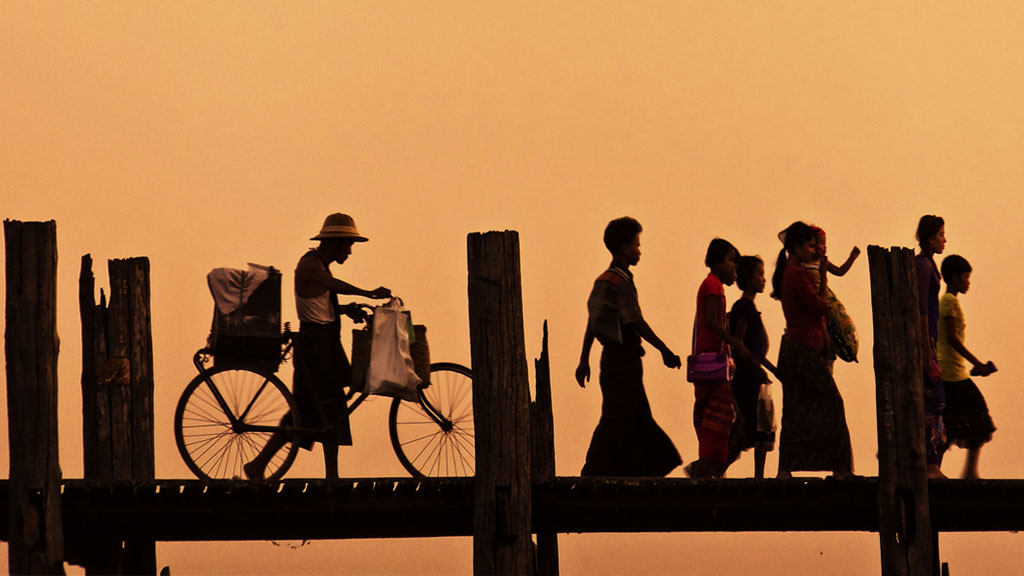
We’ve had some remarkable and magical experiences in Myanmar during several past cruises on the Irrawaddy River.
Sadly, the recent coup in the country and crackdown on dissent has erased it from the cruise map in 2021. In honor of the wonderful people of what even residents still call Burma, this column relives an experience that first appeared in The Cruisington Times in 2014. We can only hope that the current crisis is resolved soon and we can experience the beauties of this remarkable country and its wonderful people again very soon.
It seems like going through a time warp to an earlier century.
To board AMA Waterway’s new ship AmaPura for a journey up the Irrawaddy River, porters carry our luggage on their heads as crew members guide us down the sandy beach holding red umbrellas over our heads to shield us from the 100-degree heat.
Along the shore, women scrub their laundry on the rocks and a crew unloads sacks from a barge onto ox carts.
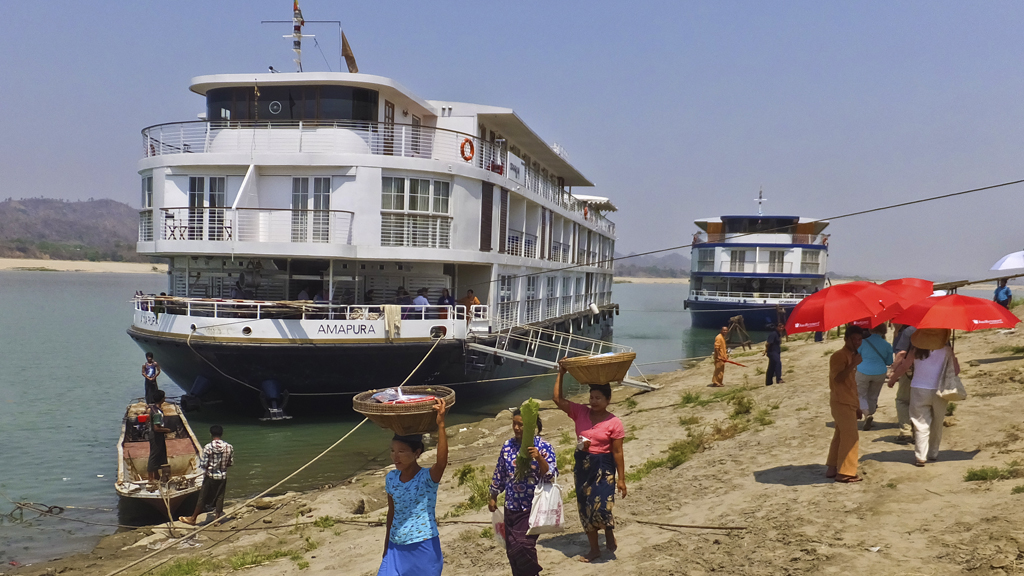
Even our new ship on this journey is reminiscent of the past. The AmaPura has a broad beam and low profile similar to ships that carried passengers in Burma a century ago. It’s also got a shallow draft because on this fast-flowing, ever-changing river where there are no docks, ships have to be able to avoid shallows and pull in to the sandy shore for loading and unloading.
Since this is our home for the next 10 days on a journey from gridlocked Yangon to fabled Mandalay, though, it’s good to know that the ship’s got all the modern conveniences, like air conditioning, spacious bathrooms and balconies in the cabins for viewing the fascinating scenes along the shore.
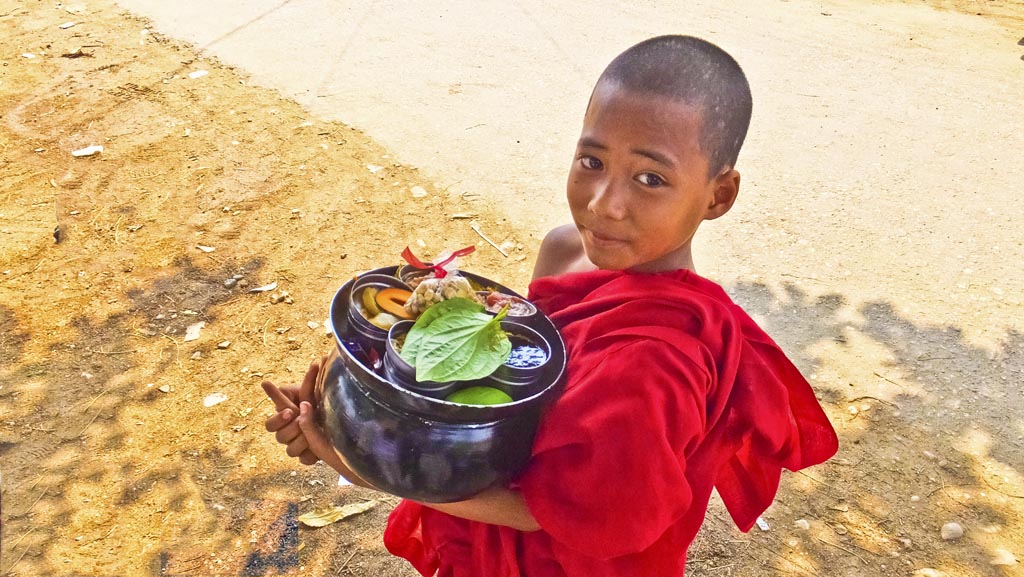
AMA Waterways is best known for its luxury river cruising in Europe and it’s brought what it learned there about service and comfort to this new venture in Myanmar. This is an opportunity to see diverse cultures that for the moment still remain unaffected by the marketing, fast foods and fashions that are modernizing the rest of Asia.
And this is an ideal time to visit Myanmar. Travel to the country wedged between India, China and Thailand is suddenly booming thanks to the government’s increasingly open attitude. That’s brought more international flights and made travel easier.
The best way to experience the panorama and the variety of cultures is on a cruise up the river that’s still the source of life for the majority of the country’s people. Travel on the country’s few roads is slow and there are few guest houses outside the major cities that cater to Western tourists.
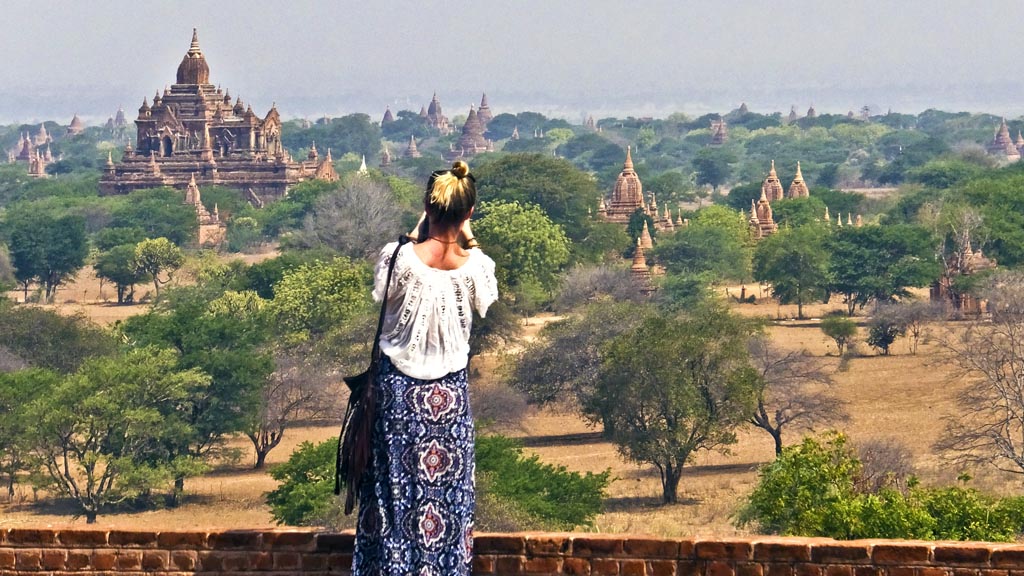
Is it Irrawaddy or Ayeyarwady?
What most of us learned in school is that the Irrawaddy, which means Great River, is the heart of Burma. Today, the country’s called Myanmar and the current government prefers the spelling Ayeyarwady. You’ll see the spellings used interchangeably and most people who live along it just call it “the river.”
In my tales from the trip, though, I’m going to stick to the spelling that still appears on most maps and gives its name to a species of dolphins in the river: Irrawaddy.
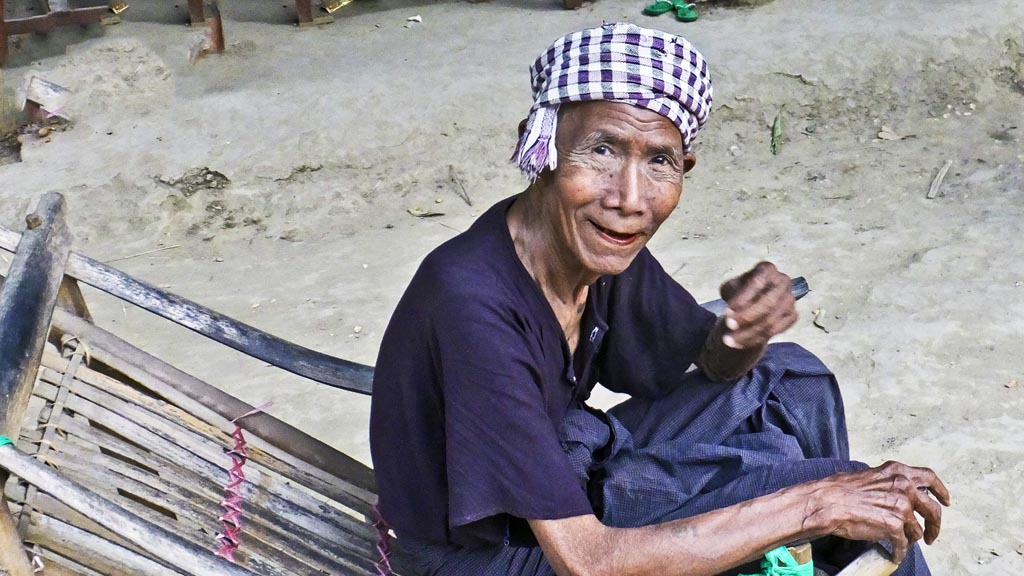
Why are we barefoot?
A fact of life anywhere you go in Myanmar is that it’s essential to have a pair of shoes that are easy to slip off and on. Every day we’re visiting Buddhist temples where the etiquette dictates you take off shoes and socks before entering.
That goes for coming on board the ship from the complimentary shore excursions as well. The reason becomes clear when you get home from a day’s outing. The river banks and paths everywhere along the river are dusty when it’s dry and muddy when it’s damp. To keep from leaving footprints all over the AmaPura’s immaculate mahogany floors, the drill is to take off your shoes and leave them in a basket on deck.
The crew skillfully clean the shoes and you retrieve them from the basket for the next shore excursion. A nice touch when you go to put your shoes back on excursions at the holy sites is that the guides distribute moist towelettes so you can clean your feet and keep your shoes fresh in a day of touring
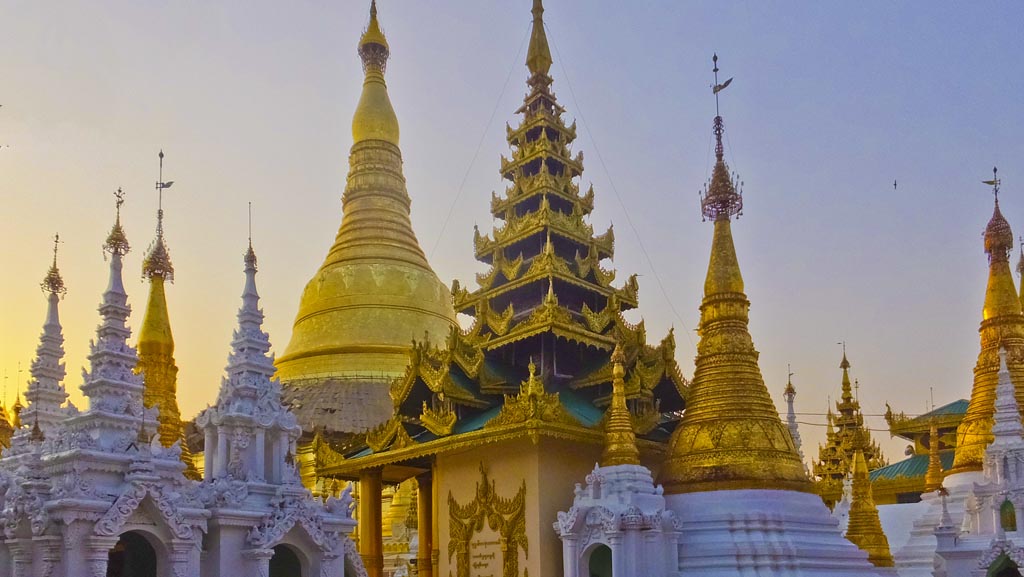
Where Did They Get All that Gold?
Stairway to Heaven is playing on the sound system in AmaPura’s lounge as we head up the river. It’s apt, as we’re passing a complex of gold-domed stupas, which are everywhere in the country where more than 90 per cent of the population is Buddhist. They invariably feature gorgeous gilded statues–some made of solid gold– with ornate altars adorned in flowers. They attract throngs of worshippers who aspire to the patience and wisdom of the Buddha.
I’ve never visited a place that is so much its own culture as Myanmar. Years of being off the tourist radar and the simple economy has kept most of the population in small, rural villages that each have their own unique cultures.
We’ll be experiencing much more in future articles.
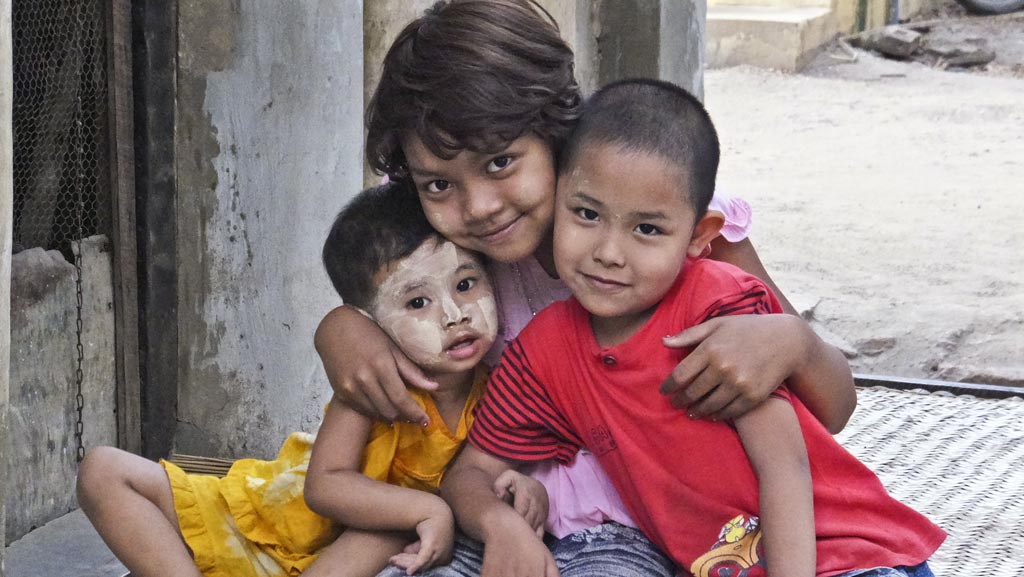

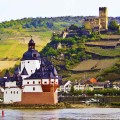
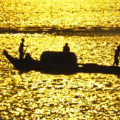
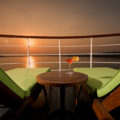
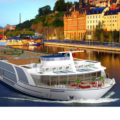
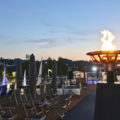
2 Trackbacks / Pingbacks
Comments are closed.